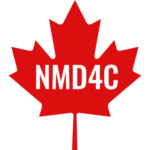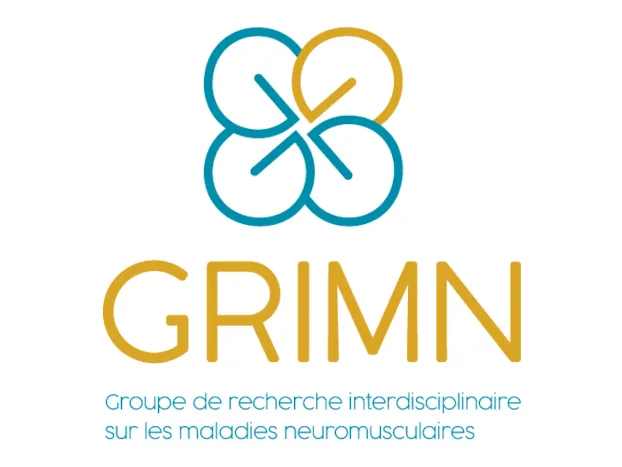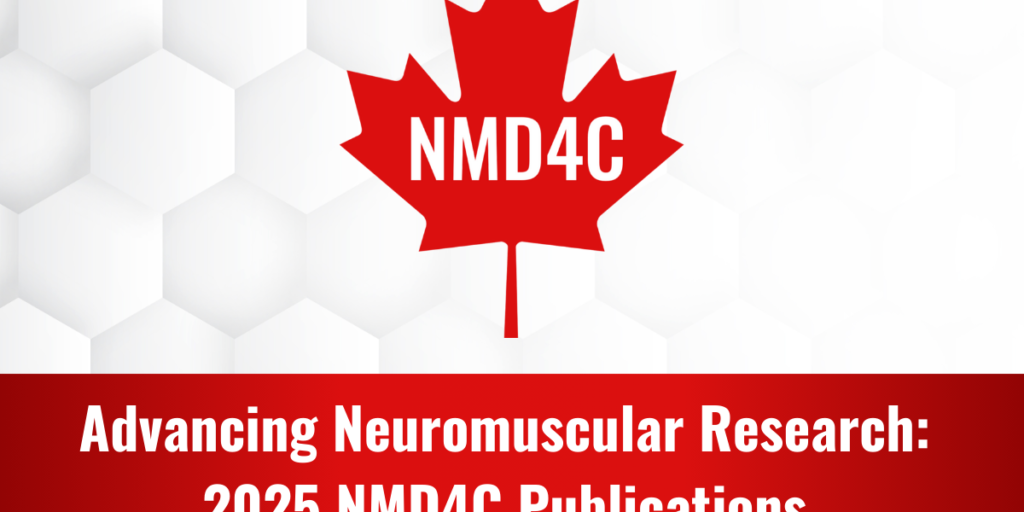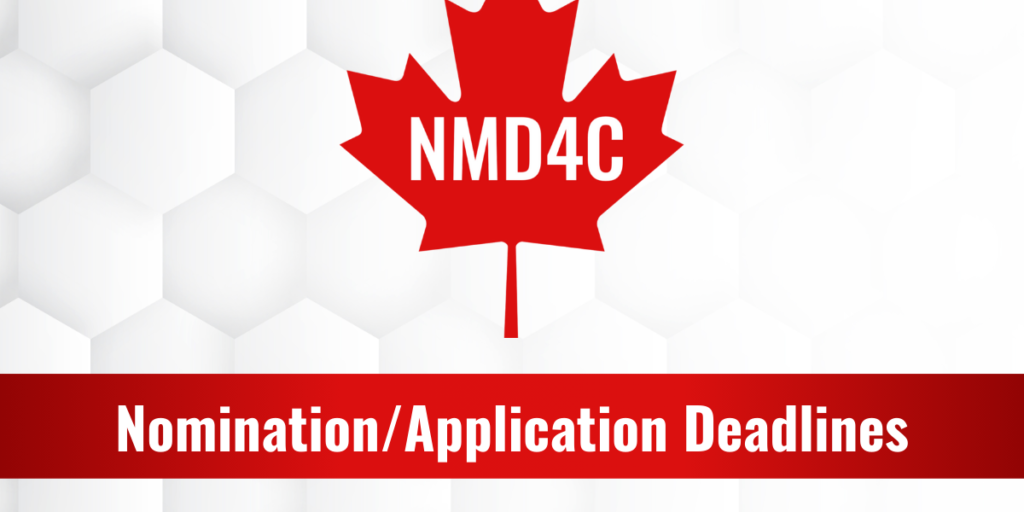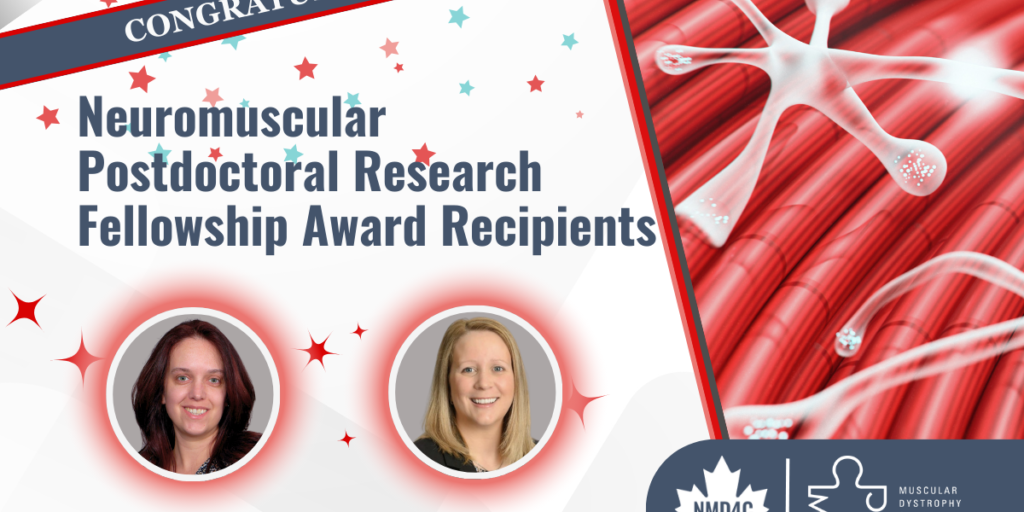Lower Extremity Muscle Strengthening Program in Myotonic Dystrophy Type 1 from Groupe de recherche interdisciplinaire sur les maladies neuromusculaires
Myotonic dystrophy (DM1) is a rare hereditary disease that presents with several clinical manifestations including muscle weakness, apathy and fatigue. Currently it is only possible to treat the symptoms of the disease and not the disease itself. To help address the symptoms experienced by people with DM1, the Groupe de recherche interdisciplinaire sur les maladies neuromusculaires (GRIMN) developed a muscle strengthening program which has led to significant gains in muscle strength, functional capacity, decreased apathy and reduced fatigue (1,2,3).
GRIMN recently created a video aimed at health professionals that provides an in-depth explanation of the DM1 training parameters used in their studies. This video presents a strength training program designed for individuals with DM1
This resource is primarily intended for healthcare professionals working with the DM1 population, particularly physiotherapists who are most directly involved in implementing strength training interventions. It is also relevant for individuals living with DM1, who are encouraged to present it to their healthcare providers.
The video is available in both English and French on the GRIMN web page.
- Gallais, M. P. Roussel, L. Laberge, L. J. Hebert, E. Duchesne, Impact of a 12-week Strength Training Program on Fatigue, Daytime Sleepiness, and Apathy in Men with Myotonic Dystrophy Type 1. J Neuromuscul Dis 9, 629-639 (2022).
- Girard-Cote et al., Resistance training in women with myotonic dystrophy type 1: a multisystemic therapeutic avenue. Neuromuscul Disord 40, 38-51 (2024).
- P. Roussel, L. J. Hebert, E. Duchesne, Strength-training effectively alleviates skeletal muscle impairments in myotonic dystrophy type 1. Neuromuscul Disord 30, 283-293 (2020).
